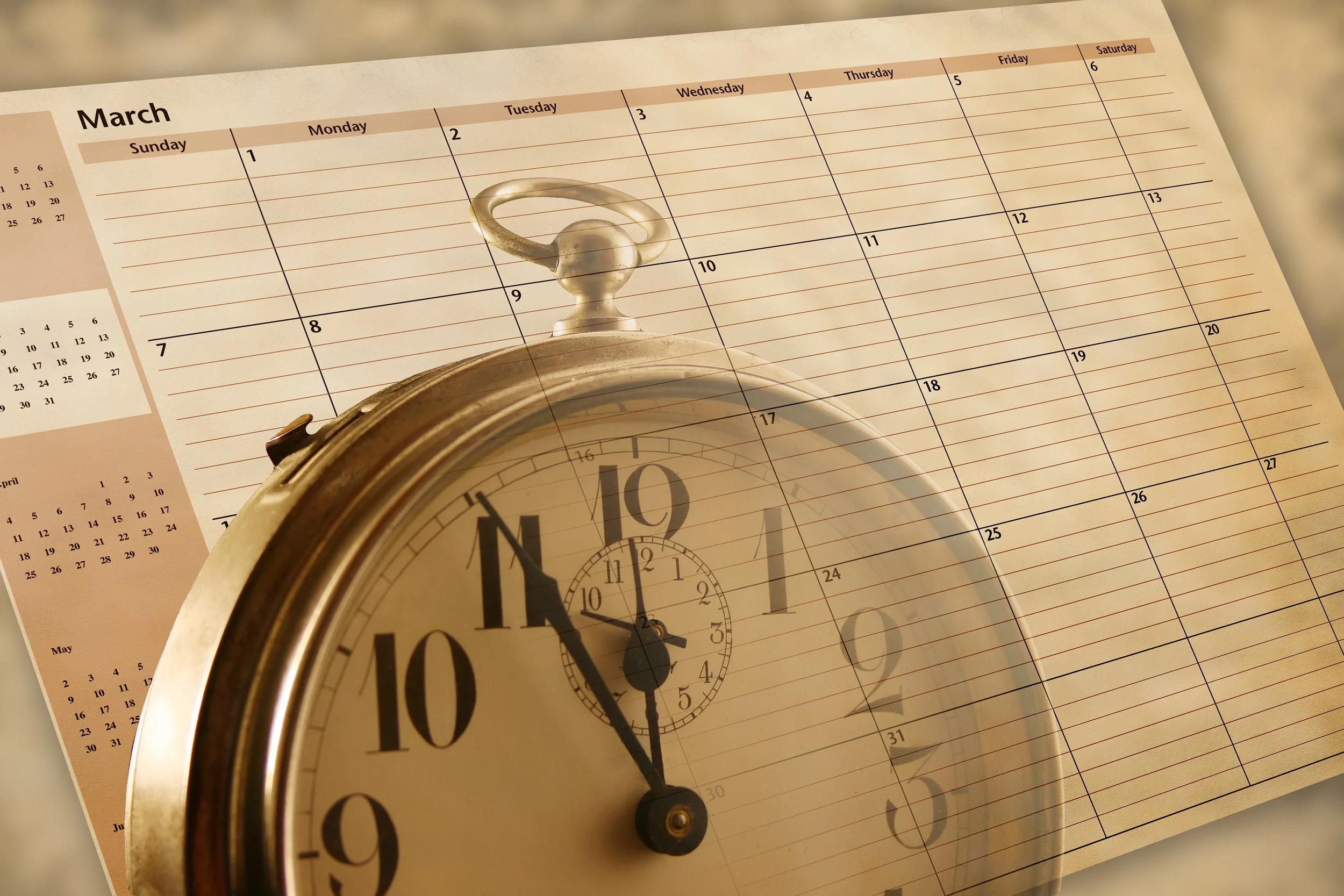Daylight saving time is the time of year we systematically decide it makes sense to put our body through unnecessary stress when we "spring forward" our clocks and lose an hour in our day.
Each year, there is a 24% increase in heart attack rates the following day after the “spring forward” in March for daylight saving time (DST) and when we “fall back” in November we see a 21% decrease in heart attack rates, according to Matt Walker, PhD and author of Why We Sleep: The New Science of Sleep and Dreams.
This also tracks with increases in traffic accidents, workplace injuries, strokes, suicide rates and even the harshness of prison sentences by federal judges after DST and a decrease when we “fall back” in the fall.
Springing forward has severe consequences on a society and a significant impact on individual circadian rhythms, the 24-hour cycles that are part of the body’s internal clock.
It’s not just your sleep schedule that runs on a circadian rhythm. Many of your internal organs have their own clock that turns off and on with your circadian rhythm. Changing that schedule not only impacts your sleep, but also things such as when it’s best to eat your meals for proper digestion, your mood, how you learn and work, and when to best exercise.
“Almost each and every one of our cells contains one of these clocks, and each is programmed to turn on or off thousands of genes at different times of the day or night,” Dr. Satchin Panda writes in his book The Circadian Code: Lose Weight, Supercharge Your Energy, and Transform Your Health from Morning to Midnight. “We are finding that almost every organ has its own clock, and in each organ genes turn on or off, affecting protein production levels at predictable times of the day.
“When these daily rhythms are disturbed for as little as a day or two, our clocks cannot send out the right messages to these genes, and our body and mind will not function as well as we need.”
WHAT CAN YOU DO TO BETTER ADJUST INTO DST? START BY FRIDAY NIGHT.
“Springing forward” at 2am on Sunday morning is the same as hopping a flight east by one time zone. So employ the same behavior design protocols as for jet lag travel.
To adjust more quickly, shift your sleep and wake times 30 minutes earlier on Friday and Saturday night, according to Certified Sleep Science Coach Lauren Duffell.
If you typically go to bed at 11 p.m. and your wake time is usually 7 a.m., try going to sleep at 10:30 p.m. on Friday, and wake up at 6:30 a.m. on Saturday. Then on Saturday evening and Sunday morning repeat the same timing.
Sunday night . . . it’s back to your normal 11pm bedtime.
Reduce or abstain from alcohol this weekend, especially Saturday night. If you do consume alcohol, have it before 6:30 pm in our bedtime example above. Same thing with heavy meals. Give yourself those four hours before bedtime.
RESET THAT CLOCK BY GETTING OUT IN THE MORNING SUN.
When you wake, get sunshine as early as possible. This is important every day, but especially this Sunday.
“View sunlight by going outside within 30-60 minutes of waking. Do that again in the late afternoon, prior to sunset,” according to Stanford School of Medicine’s Dr. Andrew Huberman. “There’s a healthy rising tide of cortisol that happens early in the day… it makes you feel alert, it makes you feel able to move and want to move throughout your day for work, for exercise, school, social relations etc.”
“But it also sets off a timer in your nervous system that dictates when a different hormone, called melatonin, which makes you sleepy, will be secreted.”
After the “spring forward,” getting out in the morning sun is even more impactful on your circadian rhythm.
GET GOOD SLEEP LEADING UP TO SATURDAY NIGHT.
As you would to help with jet lag, getting good sleep leading up to the change will help you ease into the new time. I wrote an entire guide on good sleep hygiene and how you can use the Tiny Habits behavior design method to build a solid sleep routine. Watch the video and download the action guide here.
Sleep well!
ADDITIONAL RESOURCES:
Interested in a program to help you improve your sleep and coached by sleep experts and leading doctors in the field of sleep and performance? Learn all the details here.
Sleep is the beginning of our biological day, not the end. Learn how to improve your sleep, have more energy, improve your focus and decision-making, and have calm, intentional interactions with colleagues & loved ones by decoding your circadian clocks.
Listen to my interview with Dr. Alex Dimitriu, dual board certification in psychiatry and sleep medicine, on sleep as a vital sign for the mind.
Watch the one hour Q&A on demand with sleep expert Alex Dimitriu, MD and download the Tiny Habits for Sleep Action Guide.
Did a month without alcohol help me sleep better? Here’s what I learned during my experiment of tracking my sleep during an alcohol free month.
Read: Improve Performance with Heart Rate Variability and the Oura Ring
